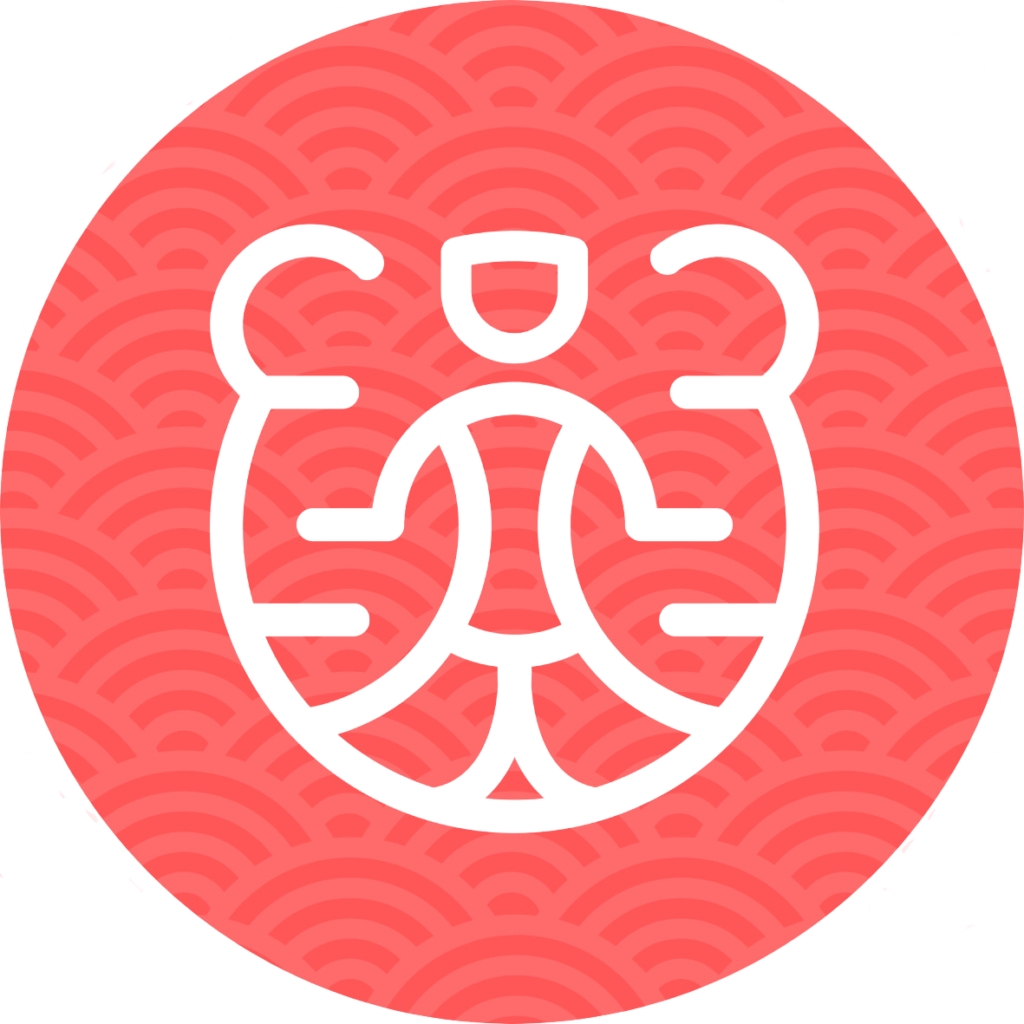***This is the third post in my series on The Paradoxes of Gentle Parenting.***
We all want children who are self-controlled and self-regulated.
Unfortunately, we assume that the way to reach that goal is through parental control and parental regulation.
At least that’s what I had assumed.
Ever since my boys were young, I managed their:
- sleep schedule
- vegetable consumption
- sugar intake
- screen exposure
- clothing choices
- homework standards
I ended up with a total of one controlling mommy, and zero self-controlled children.
I was trying to teach them moderation and responsibility through micro-management, and it wasn’t working.
***
Strictness and deprivation don’t lead to self-control. They lead to over-indulgence. They lead to a lack of personal boundaries and responsibility.
Dr. Mai Stafford, a researcher at the University College London who led a study on the long-term effects of parenting on wellbeing, states:
In other words, children who are always ruled and restricted by parents don’t know how to rule themselves. When the locus of control is always outside of themselves, they never get the chance to manage their own impulses or exercise their own will. Such children may seem well-behaved and disciplined, but the minute they are out from under their parents’ thumbs, they often go wild.
Just look at the effects of strict parenting in our own lives:
We order a beverage with every meal because as kids we were only ever allowed to get water at restaurants.
We insist on watching all the latest movies because our parents never allowed us to go to the theater.
We indulge our every desire for the latest gadget because our parents never bought them for us.
We ended up in unhealthy relationships behind our parents’ backs because they forbade us to date.
Many of us who were raised by strict parents grow up trying to compensate for what we were deprived of in our childhoods. We develop unhealthy appetites for the very things that were withheld from us. It’s human nature, after all, to want what you can’t have.
Strict tiger parenting may therefore lead to controlled children, but not necessarily self-controlled children. Or adults.
So what’s the answer?
***
Imagine having buffet… every day.
Like any good Asian who wants to get their money’s worth, you probably start off bingeing on all the sushi, prime rib, and crab legs. You stay away from the salad bar and bread that waste your precious gastric real estate. But you still top it off with an assortment of little cakes and ice cream—because there’s always room for dessert.
This doesn’t go on forever, however.
A few days, weeks, or even months into this initial stage of reckless consumption, you reach an equilibrium. Instead of sampling everything or piling your plate precariously high, you learn to take only the things that your body is craving. You stop when you are satisfied rather than gorging yourself like an overstuffed dumpling. Even though you could eat all you want, you don’t. You realize it just makes you feel gross. Whatever you want will always be there tomorrow.
This is a picture of how freedom can actually foster self-control.
Giving children the autonomy to listen to their bodies, have their own preferences, and practice making their own decisions helps them to exercise their self-control muscle. Instead of parental control, we can switch to parental coaching. As we teach them to pay attention to how they’re feeling physically and emotionally, they learn to make choices that are appropriate for them personally.
They begin to recognize the actual benefits and consequences of their decisions. “Hmm, eating all that White Rabbit candy sort of made me feel sick. Maybe I’ll just have two next time.”
They grow to discern rather than blindly obey. “Tomorrow is Saturday and I can sleep in, so maybe I can stay up and finish this game of Exploding Kittens.”
They take more responsibility because they were the ones who made the decision. “I want to bring a book to read at the restaurant, so I’ll pack it in my backpack.”
This buffet of choices and freedoms allows our kids to learn through trial and error in a safe and supportive environment.
We just need to set out the buffet.
***
My husband and I are slowly trying to put this theory of freedom into practice.
We used to put our boys down to bed religiously at 7:30pm; but now, we’re letting them decide on bedtime.
We used to only offer healthy snacks. Now, they get to choose whatever is available in the house, including the Cool Ranch Doritos that Daddy brought back from America.
We used to decide what clothes were suitable for what weather; but now they get to choose whether or not to wear just a sweatshirt or put on a winter jacket.
What results have we noticed in our kids as we’ve given them greater freedom?
- Increased self-control as they are less tempted by “forbidden fruit.”
- Fewer power struggles and complaints because they have decision-making power and buy-in.
- Critical thinking skills as they talk through what choices make the most sense.
Sooner or later, our kids will grow up and have access to the king of all buffets: adulthood.
They will choose when to sleep (and who to sleep with); what to eat (and how much to drink), what to watch (and who to listen to).
We can make all their decisions for them now and hope that they’ll grow up to make good ones themselves. Or we can trust them with freedom now under our loving guidance.
I’m choosing the buffet.
Paradox #1: There’s No Such Thing as “Misbehavior”
Paradox #2: More Connecting, Less Correcting
Paradox #4: Don’t Make Your Kids Do Chores


5 Responses